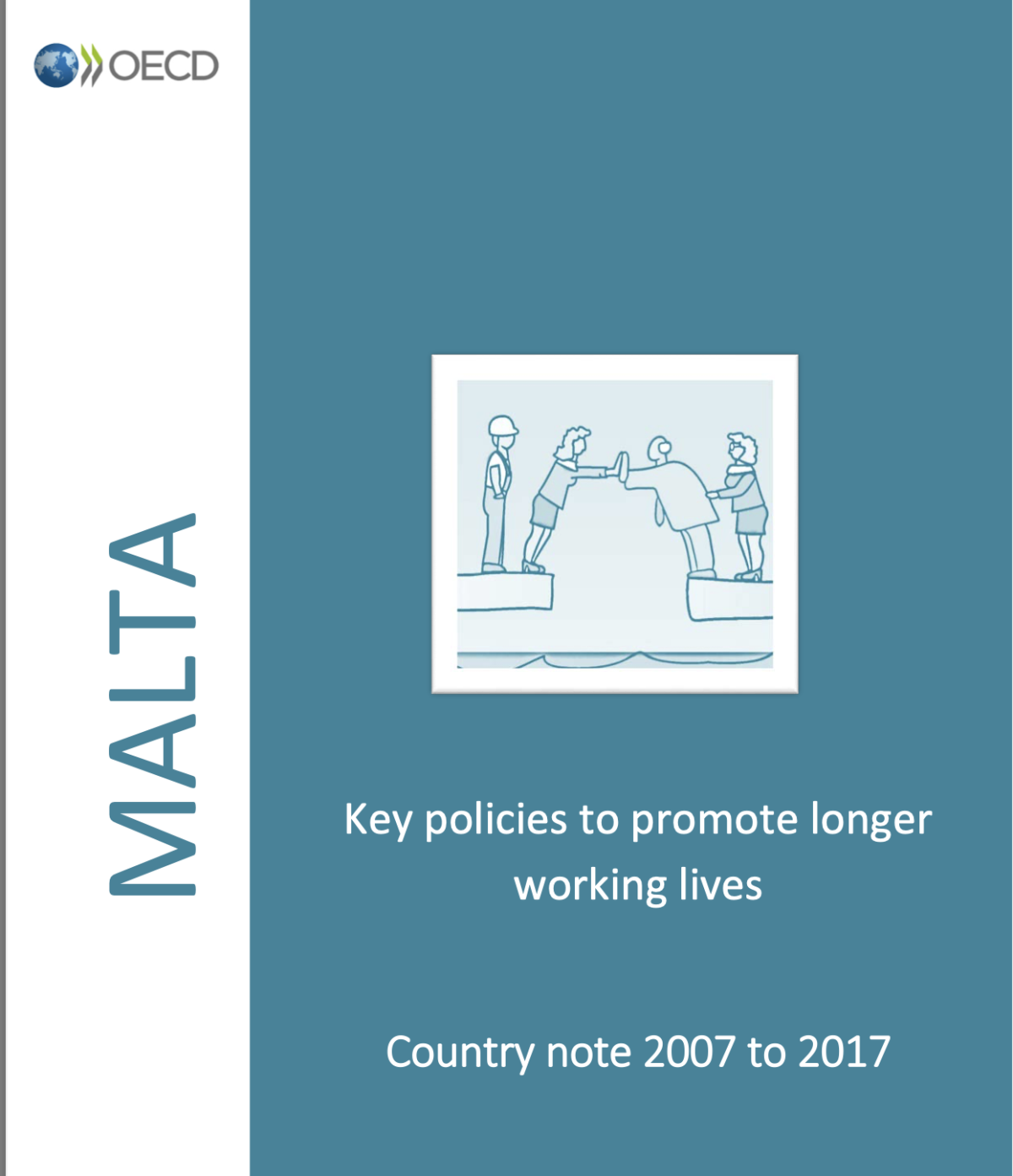Policies to promote longer working lives in Malta (EN)
Early retirement – loss of skilled workers
Policies To Promote Longer Working Lives In Malta
All work force
Malta could do more to increase the employment rate of older workers. According to the Late Career Scoreboard at the end of this report (Table 1), despite recent increases the rate remains well below the EU average (in 2016, 35% among those aged 50-74, compared with 45.4%). Malta should consider raising the statutory retirement age further. In particular, as synthesised in Table 2, Malta should take action to restrict access to early retirement; encourage the social partners to implement better retention and hiring mechanisms targeted at older workers; and encourage good practice in collective labour agreements and/or by individual employers/industries in managing an age-diverse workforce. That said, Malta has in fact done much to adapt teaching and learning methods and content to the needs of older workers and has developed mechanisms for recognising and validating skills. The country has also taken steps to provide effective employment assistance to older job seekers and strengthen workplace safety and health.
Balancing professional and family responsibilities is a paramount requisite. The National Strategic Policy for Active Ageing 2014-2020 is premised on three major themes: active participation in the labour market; participation in society; and independent living. It recommends promoting specific types of leave entitlement to enhance flexibility between employment and the caring duties of older workers. In this regard, the strategic policy states that other measures such as working-time adjustment, flexible working, teleworking and job-sharing should be encouraged across public and private sectors. It is important to implement these recommendations.
Longer working lives
https://www.oecd.org/countries/malta/Malta_Key%20policies_Final.pdf

